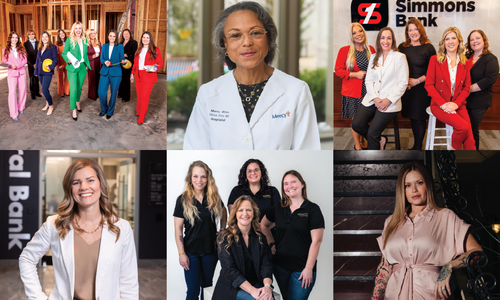
Bruce Nasby has had a varied career, and much of his experience has been running companies. He knows firsthand the perks, as well as the obstacles, of being alone atop a company. Nasby, the retired executive vice president of Enactus, consults CEOs through his company, Global Advisory Associates, and hosts a peer advisory group as part of Vistage. He sat down for drinks at Barley, Wheat & Rye Social House to talk wisdom for CEOs.
“CEOs need to be good listeners. They’re usually Type A type of people. They’re usually self-confident, but they need to listen because when you’re having a conversation with somebody, usually you’re thinking of what you’re going to say while somebody’s talking. You need to learn how to be totally engaged in listening.”
“You’ve really got to have empathy for your people. Everyone that works for you is dealing with an issue. Everyone has got something going on in their life besides going to work, and if you don’t understand and care and be empathetic towards that, you’re really not ever going to be respected as their leader.”
“[If] you care about your employees, they’ll give you 150%. If you don’t, they’ll just punch the clock.”
“CEOs also need to know how to take care of themselves, how to be healthy. You’ve got to learn to take care of yourself as well as you care for the people around you.”
“Everybody has to answer questions they don’t know the answer to, and if you’re going to be perfectly honest, you’re going to say, ‘I don’t know the answer to that, and I’m going to find it out and get back to you.’ Quite often you get yourself into trouble by making up stuff.”
“I think people aren’t willing to be vulnerable and say, ‘I don’t know.’ I know a lot of businesspeople around the world that are just too proud and they know all the answers and don’t need to learn everything. [They think] they’ve got it nailed, but they don’t.”












